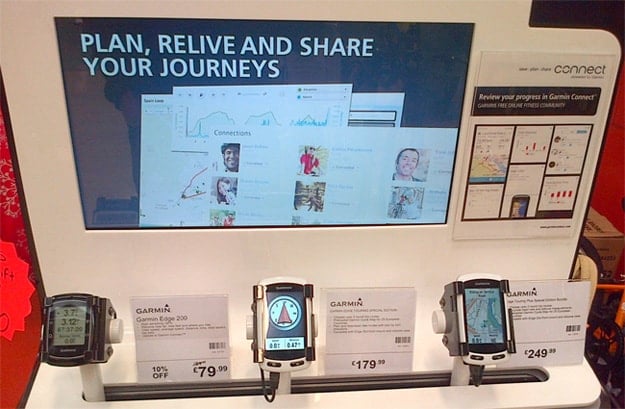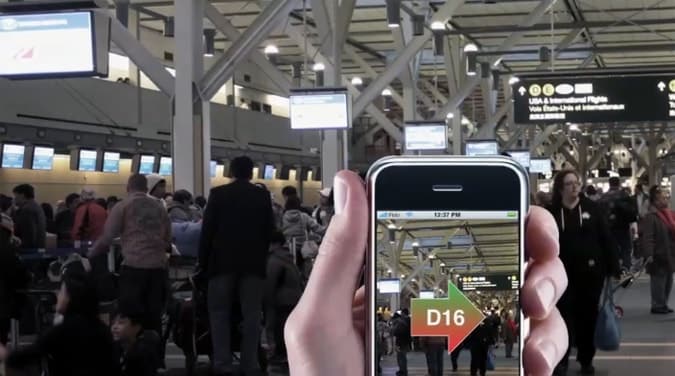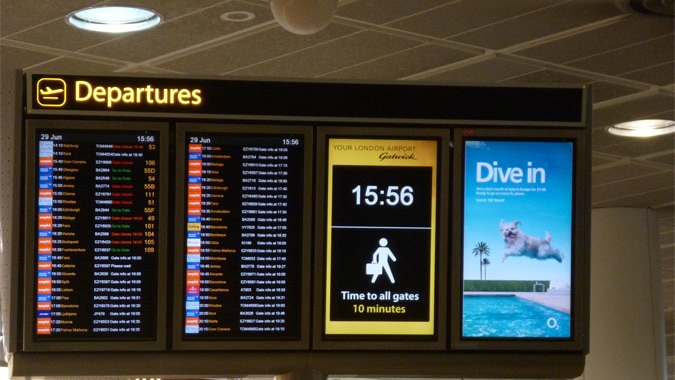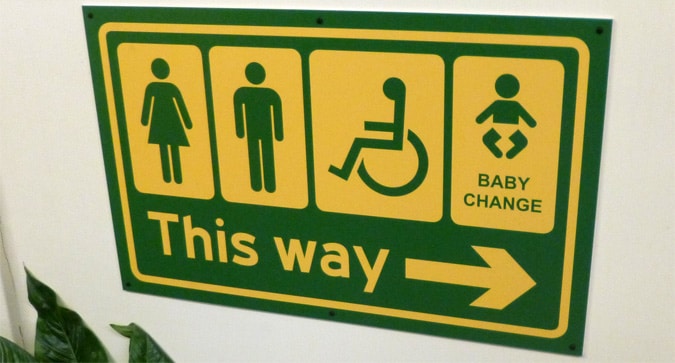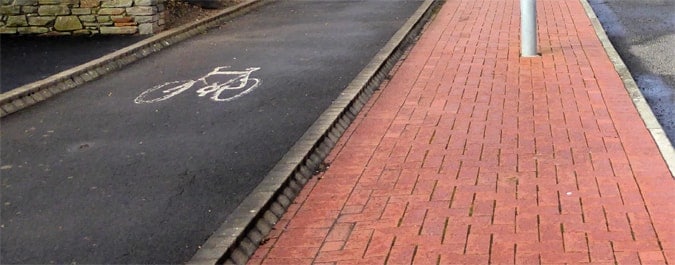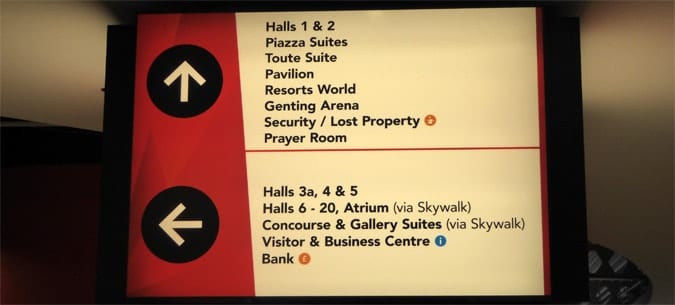Last Updated on June 9, 2023
If you are looking for a solution to make GPS Work Indoors, there is a solution that is both affordable and practical for many indoor environments. Welcome to this video on navigating indoors using GPS Repeaters and their uses.
Get more blogging tips and tricks. Just subscribe to our YouTube Channel!
Hi. I’m Dr Paul Symonds and I run the wayfinding channel.
Today we are talking about how to generate a GPS signal in indoor locations. Many of us now use GPS on devices such as mobile phones (cell phones) and the GPS signal often works very well. Trying though, to get a reliable continuous GPS signal indoors is notoriously difficult and has been a challenge for many years.
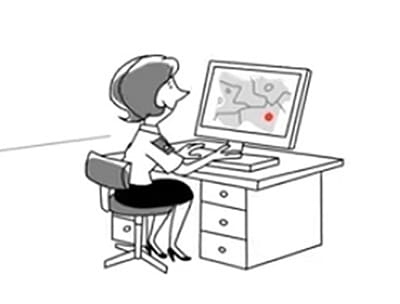
There is though one company that has been providing a solution for a few years now for enabling GPS signals indoors.
This company is Faltech, a British company based in Cornwall, England. In recent years, Faltech has been providing solutions for a number of organisations including the:
- Fire service
- Police
- Automobile makers
- Lifeboat service
In terms of navigation and wayfinding, I find Faltech’s solution particularly interesting, as I suspect you might also if you are interested in indoor mapping solutions.
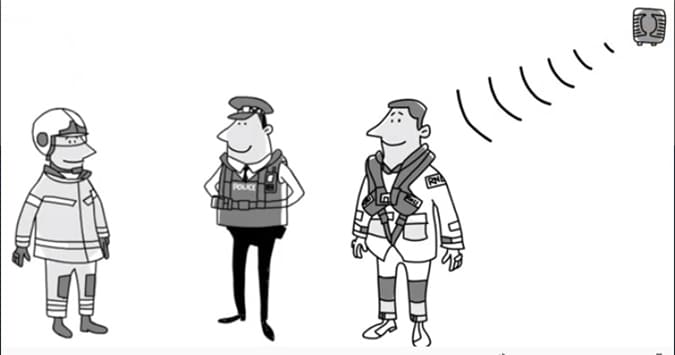
Table of Contents
So How Do GPS Repeaters Work?
GPS repeaters do just that, they repeat and reproduce the GPS signal in indoor locations, where signals cannot normally be achieved.
1. The GPS is received by the antenna
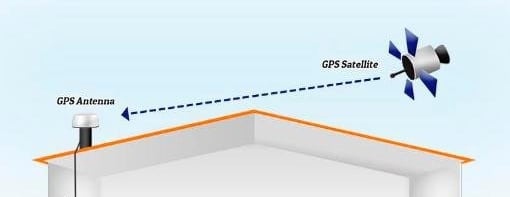
The repeaters work with a GPS antenna based on the building. This antenna catches the GPS signals from the satellites.
2. GPS signal travels into the building
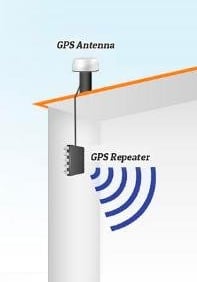
A coaxial cable is then used to feed the signal into the building to a relatively small and compact repeater unit. The GPS signal is then reproduced inside the building. Depending on the size of the building, a number of repeaters will be installed, such as at 10-15 meter intervals.
Uses of GPS Repeaters
Avoiding GPS acquisition delays
In certain situations, lives can be at risk if a GPS signal is lost.
To give an example of a GPS repeater being used in a real-world situation, imagine a command centre for the fire service.
By being able to provide a signal that is constant and without interruption as an appliance (such as a fire engine) leaves a building, the repeater in effect enables a continuous uninterrupted signal that can be used by those in the command centre who are monitoring the emergency service in question.
This means that the command centre staff have a definite understanding of exactly where the appliances are at all time, even accounting for the movement from inside the fire station to the outdoors.
Manufacturers can test GPS equipment on the production line
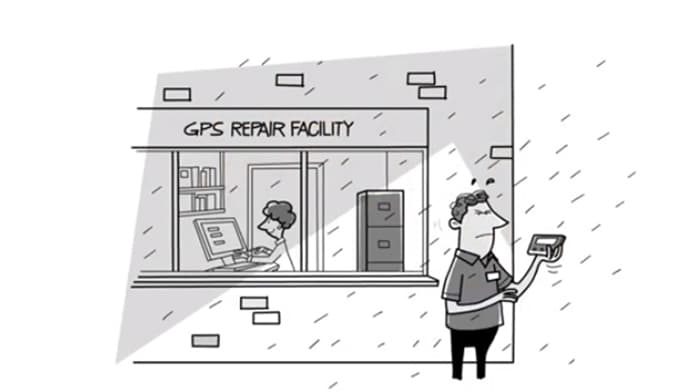
Another use of the repeaters is in factories and locations such as car showrooms and salesrooms.
How do car manufacturers, for example, test GPS devices in cars on the factory floor considering that GPS only normally works outdoors?
Or how can a salesperson show how a GPS device works if s/he cannot otherwise get GPS indoors.
Well, these are fantastic examples of how
By allowing the GPS signal to be used indoors, manufacturers, for example, can now test the GPS related products they design (including in-car GPS systems) on the factory floor.
Likewise, aircraft being tested in hangers can also be tested if GPS gear needs checking indoors.
The repeaters are fully licensed and Faltech have now worked with a number of well-known companies and organisers.
Laboratories
To provide one final example, laboratories that use GPS repeaters, such as in the development of tools for science and nature, can test the GPS devices indoors in the laboratory, rather than having to go outside in the rain to test the device in question.
Some Things Worth Noting
Licencing
Depending on which country you are planning to use the repeaters in, you may need a licence to use the repeaters.
In the UK, for example, OFCOM
Certification Marking
The system varies slightly according to country but, using the UK as an example, the UK adhere to the European rules for health, safety, and environmental protection standards and the repeaters that Faltech produce are CE certified.
SBAS
The Faltech repeaters incidentally, are SBAS (satellite-based augmentation system) compatible.
Further information
- Faltech GPS – visit the Faltech website for their repeaters and other GPS products.
- More videos on wayfinding and navigation technologies are being posted on the Wayfinding YouTube Channel so please visit the channel and get subscribed!
- Images re-used with the permission of Faltech.
Dr Paul Symonds has a PhD in Wayfinding from Cardiff Metropolitan University in the UK. Paul works with the signage industry, airports and other locations providing wayfinding audits, consultancy and training.

